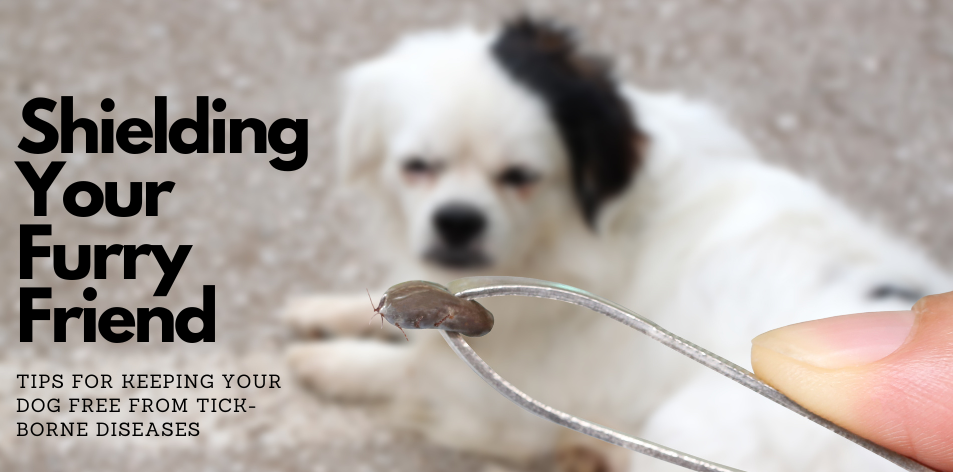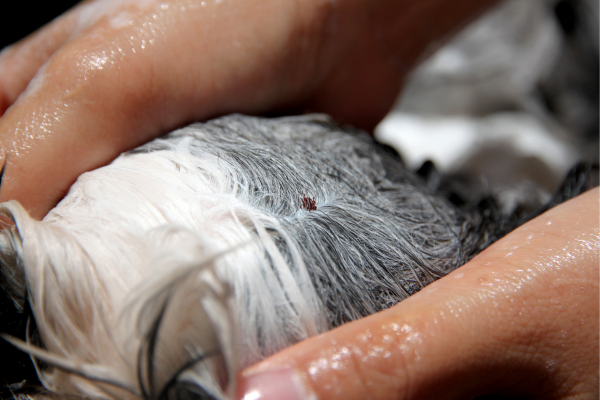
Shielding Your Furry Friend: Tips For Keeping Your Dog Free From Tick-Borne Diseases – H&S Pets Galore
Practical Strategies To Prevent Tick-Borne Diseases And Ensure Your Dog’s Health And Happiness

In the lush landscapes of Kenya, where nature and pets intertwine, keeping your dog safe from tick-borne diseases becomes paramount. This article provides practical tips and insights to help Kenyan pet owners protect their four-legged friends from the risks associated with ticks.
Routine Checkups: Establish a regular routine for inspecting your dog’s coat, especially after outdoor adventures in Kenya’s beautiful green spaces. This ensures early detection and removal of ticks.
Choose Tick-Preventive Products: Consult with your veterinarian to select effective tick prevention products suitable for the Kenyan environment. Options may include collars, spot-on treatments, or oral medications.
Grooming Practices: Maintain a well-groomed coat for your dog, as this not only helps in early tick detection but also reduces the risk of ticks finding a comfortable hiding spot.
Landscaping Considerations: Keep your outdoor spaces, well-maintained. Regular lawn mowing and trimming vegetation can reduce the likelihood of ticks lurking in your dog’s favourite play areas.
Tick-Repellent Sprays: Explore natural tick-repellent sprays that are safe for your dog and suitable for the Kenyan climate. Regular application can act as an additional layer of defence.
Limit Outdoor Exposure: During peak tick seasons in Kenya, consider limiting your dog’s exposure to high-risk areas such as tall grasses and wooded areas where ticks thrive.
Frequent Washes: Regular baths for your dog not only keep them clean, but also serve as an opportunity to spot and remove any ticks before they can cause harm.
Check Ears and Paws: Ticks often target hidden areas like ears and paws. Pay extra attention to these areas during your routine checks.
Consult with Veterinarians: If you notice any signs of tick-borne diseases, such as lethargy or loss of appetite, consult with a veterinarian promptly. Early intervention is key.
Consider Vaccination: In consultation with your vet, explore whether tick-borne disease vaccinations are appropriate for your dog based on their lifestyle and exposure.
By incorporating these preventative measures into your routine, you not only protect your dog from the threat of tick-borne diseases prevalent in Kenya but also ensure a healthy and joyful life for your cherished companion.

